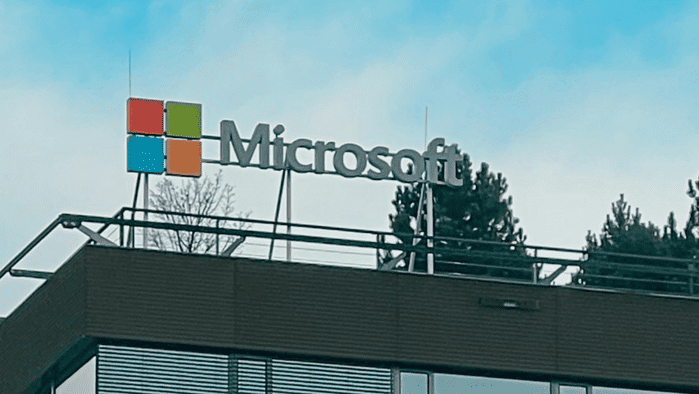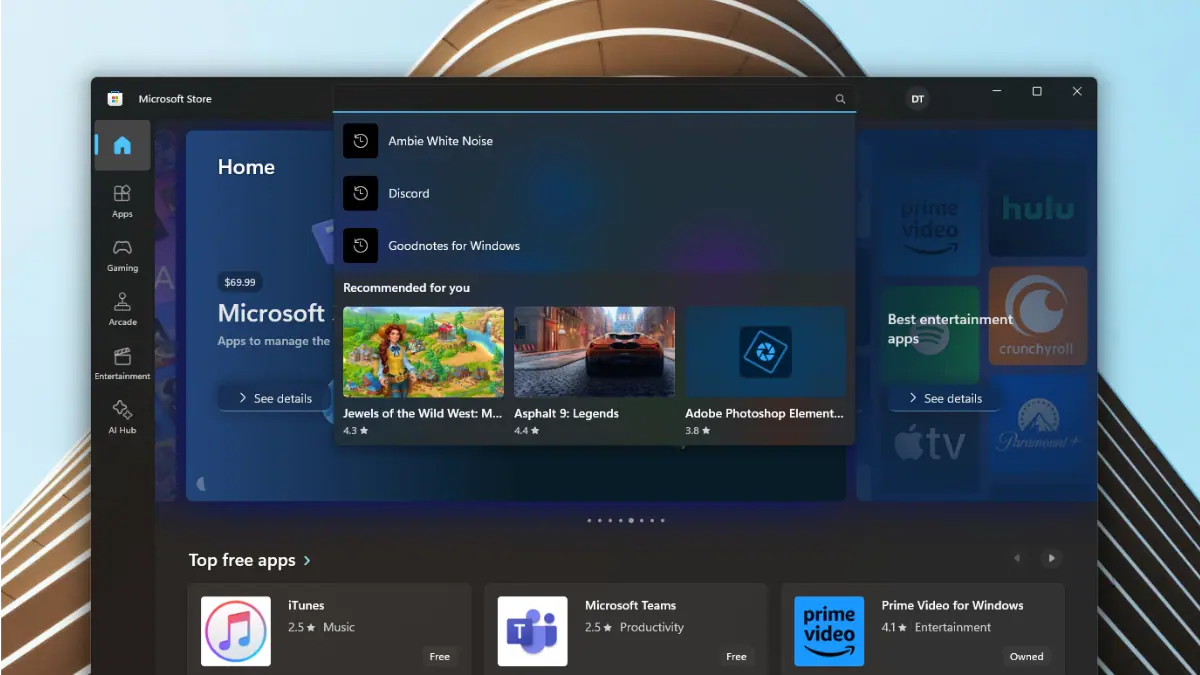Microsoft, OpenAI reportedly led $500 million funding round for robotic startup Figure AI
Microsoft, OpenAI, and Figure AI have not yet commented on the recent report.
2 min. read
Published on
Read our disclosure page to find out how can you help MSPoweruser sustain the editorial team Read more
Key notes
- Microsoft & OpenAI have reportedly led a funding round to raise $500 million for Figure AI.
- OpenAI’s boss Sam Altman has previously said that the AI company has been observing in hardware tech.
- One of the discussed scenarios was Microsoft possibly investing around $95 million and OpenAI contributing $5 million.

Microsoft and the Redmond tech giant-backed OpenAI have reportedly led a funding round to raise over $500 million for Figure AI, a robotic startup, according to Bloomberg‘s exclusive report.
OpenAI’s boss Sam Altman has previously called it during a podcast interview with Bill Gates that the AI company has been observing in hardware tech, delving into physically demanding blue-collar industry and robotics.
“We’ve started investing a little bit in robotics companies. On the physical hardware side, there’s finally, for the first time that I’ve ever seen, really exciting new platforms being built there,” the AI boss said.
The Bloomberg report reveals that the discussions also involve Microsoft possibly investing around $95 million and OpenAI contributing $5 million, potentially valuing Figure at $1.9 billion before factoring in the funding. The deal is not finalized, and details may still change.
“Figure is the first-of-its-kind AI robotics company bringing a general purpose humanoid to life,” the company describes itself on its official website.
Microsoft, OpenAI, and Figure AI have not yet commented on the recent report.
Altman has previously expressed concerns about the rapid advancement of AI technology, and with OpenAI’s entry into the humanoid robot industry, it is becoming increasingly likely that AI-powered robots will take on more blue-collar tasks shortly.
“Each technological revolution has gotten faster, and this will be the fastest by far. That’s the part that I find potentially a little scary, is the speed with which society is going to have to adapt, and that the labor market will change,” he said.








